
Sustainability is more than just cutting carbon emissions. It means creating a system where all of us can thrive—not just survive.

Sustainability is more than just cutting carbon emissions. It means creating a system where all of us can thrive—not just survive.

Politics have gotten in the way of mask-wearing, and they should not.

As we slowly and cautiously work toward a practice where space can be shared between therapist and patient, perhaps Freud’s “walking cure” can be enlightening.
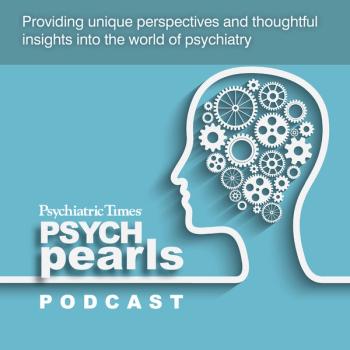
Unprecedented numbers of Americans are losing their jobs. When patients describe psychiatric symptoms (eg, anxiety, insomnia, irritability), psychiatrists should ask about workplace issues.
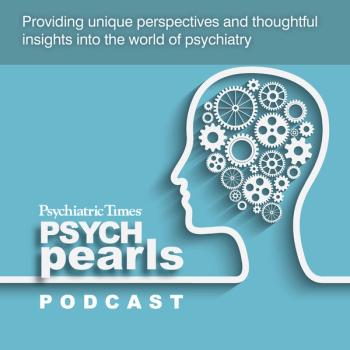
In this podcast, Dr Andrew Brown, a member of the Group for the Advancement of Psychiatry, Work and Organizations Committee and lead psychiatrist for the Boston Police Department, provides his views on how psychiatrists can help support patients who have anxiety associated with the categorization as “essential.”

Dr Daven Morrison provides his views on how and why psychiatrists should take a thorough work history, especially now, during the COVID-19 pandemic.

In this podcast, psychiatrists from the Group for Advancement of Psychiatry, Work and Organizations committee walk us through assessing how a patient's work ties to their sense of identity. They describe ways to validate a patient's feelings, provide reassurance, and help manage their emotions.
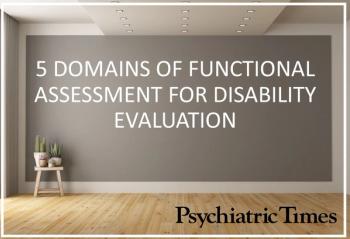
Problems with any one of these domains can disrupt an individual’s capacity to sustain work capacity.

This article discusses the return to work plan as a solution to the clinical and systemic problems arising from psychiatric disability.

Psychiatric Times begins a new series: “Looking Back to Look Forward: This Month in Psychiatry.” Contributors from across the globe will take the opportunity to point out both notable and neglected figures, topics, and developments in the history of psychiatry.

The treater who assumes a dual role as either disability examiner or forensic expert faces ethical risks because of the inherent binds in the roles.
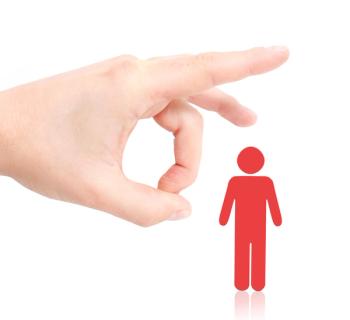
One of the most perplexing challenges for psychiatrists who interact with the workplace is the competing forces for and against mental health.

These 10 domains will help you determine if functional impairment exists, if it can be reversed, and if the patient can return to work.

This article discusses the risks of supporting versus withholding support for a patient’s disability claim and six key definitions psychiatrists need to understand when they are asked to support such a claim.
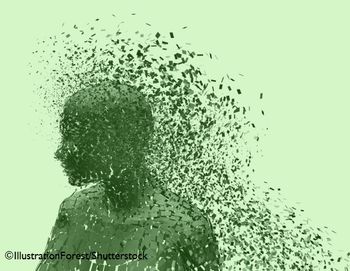
What to do when a patient says they need disabled status, but you believe otherwise?
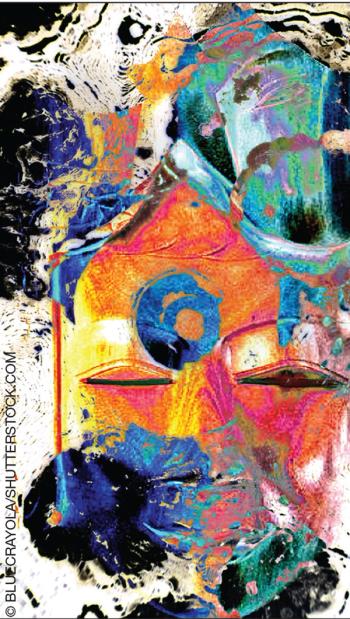
This is the first article in a series focused on reintroducing the arts into psychiatry.

As it turns out, modern psychiatry reflects some of the values and concepts held by early civilizations.

Providing detailed descriptions of interactions that occurred between patient and therapist moved our field forward by both honing our technique and considering more effective ways to help our patients. But is the sharing of cases ethical?

Emerging adults in the midst of a tremendous emotional growth spurt and a leap of neurocognitive maturation often need guidance articulating what bothers them.
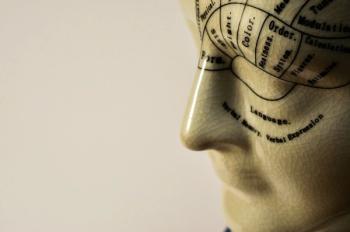
The first in a series of videos on the history of psychiatry that explore the roots of modern psychiatry in ancient cultures is now available on youtube. Members of the Committee on Arts and Humanities from the GAP invite you to tune in.

“Doctor, will you prescribe medical marijuana for my mother? I think it might help her agitation better than the medication you gave her last visit.”
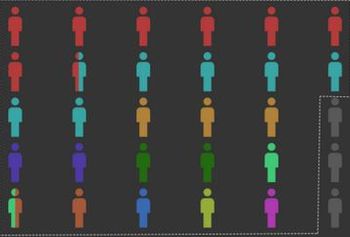
Here: a brief review of the literature on postvention efforts; the effects on the victim’s caregivers; and a guide to resources to help manage survivors’ and caregivers’ emotions and dread.
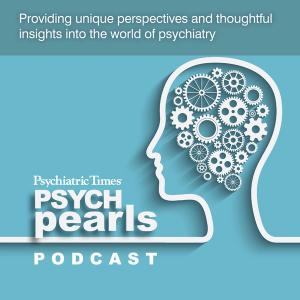
Published: June 9th 2020 | Updated:

Published: September 9th 2016 | Updated:

Published: January 26th 2017 | Updated:

Published: November 7th 2017 | Updated:

Published: April 26th 2018 | Updated:

Published: August 29th 2018 | Updated: